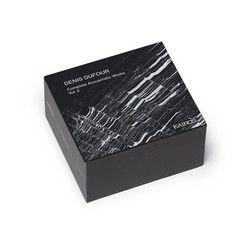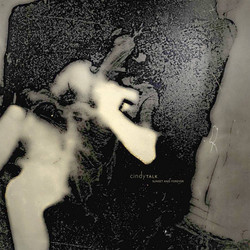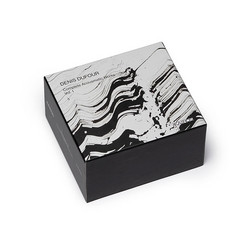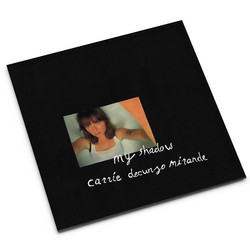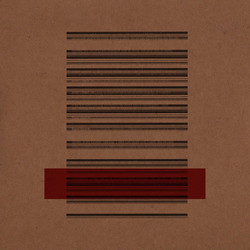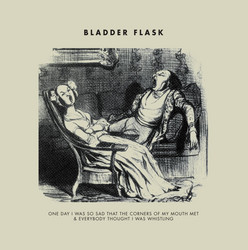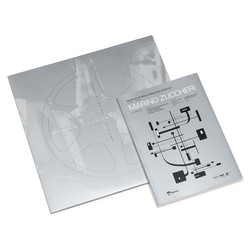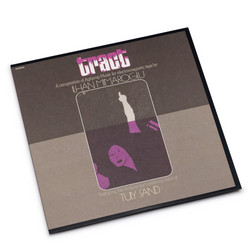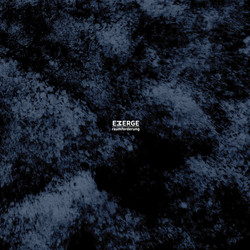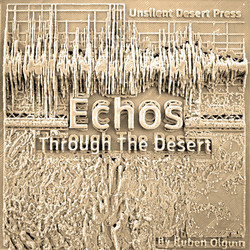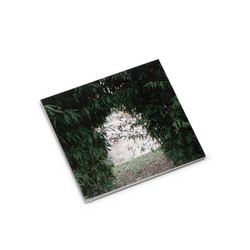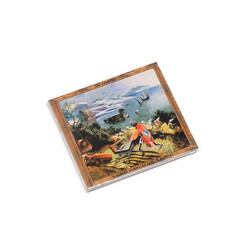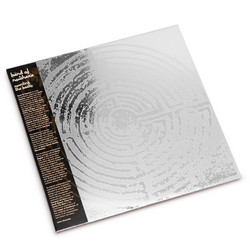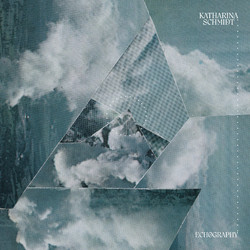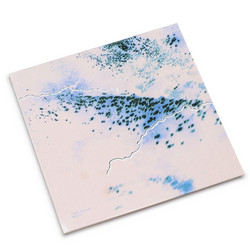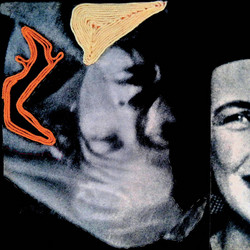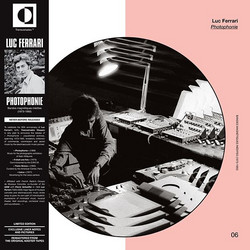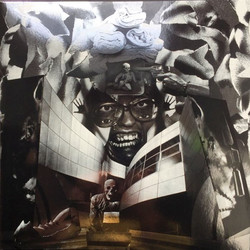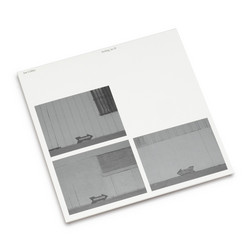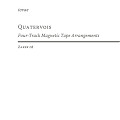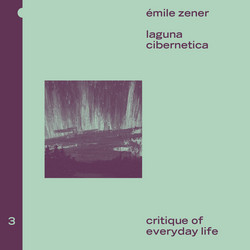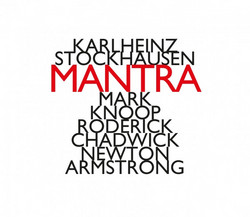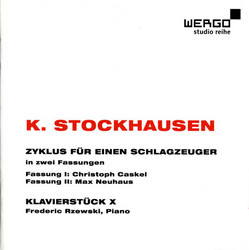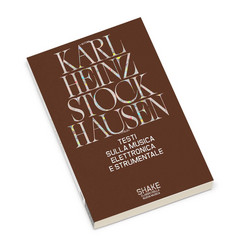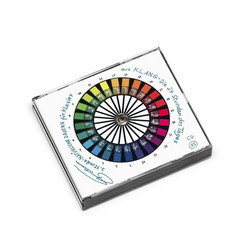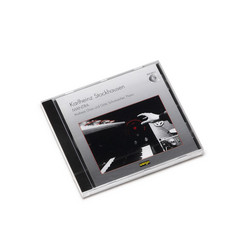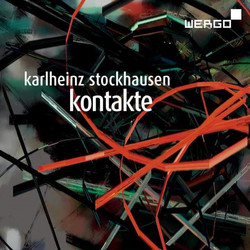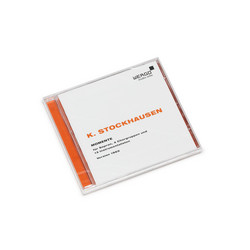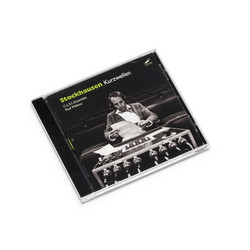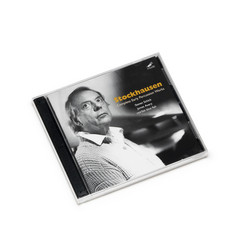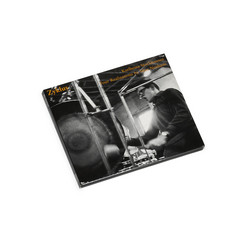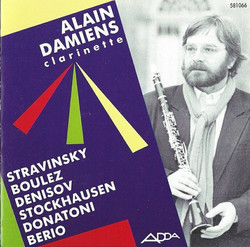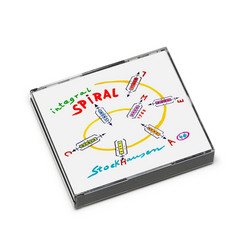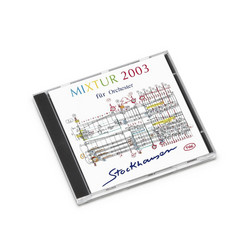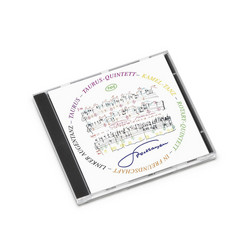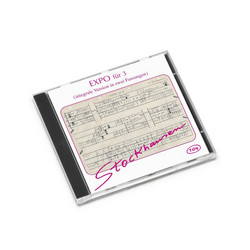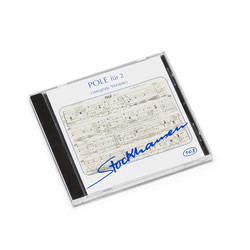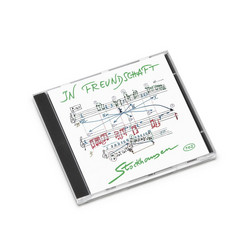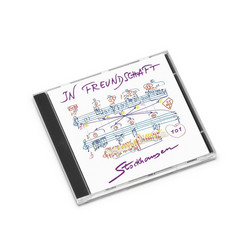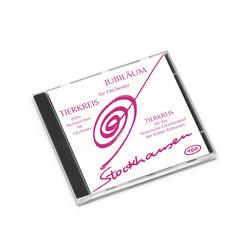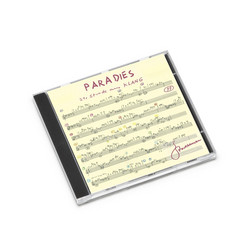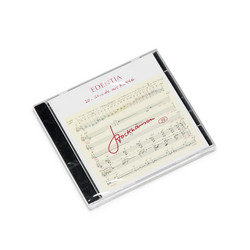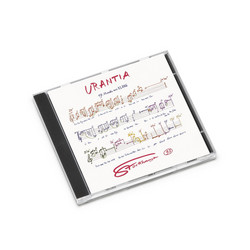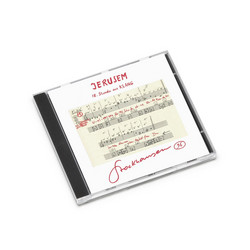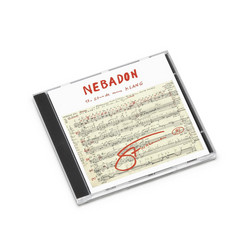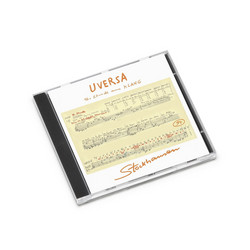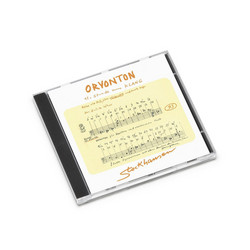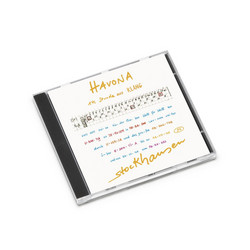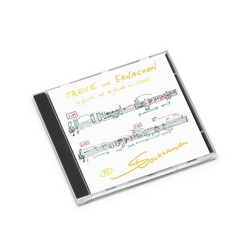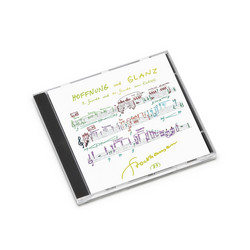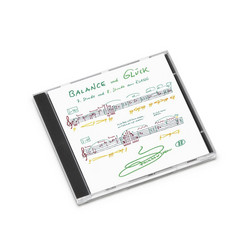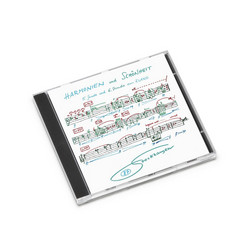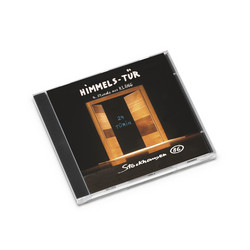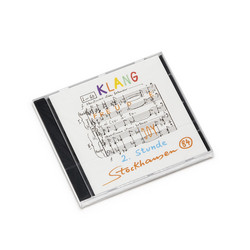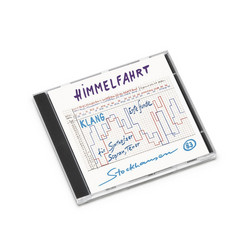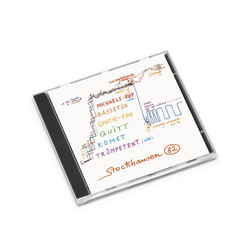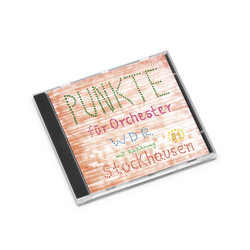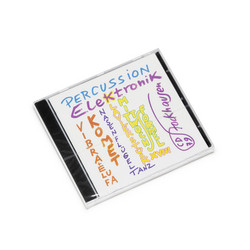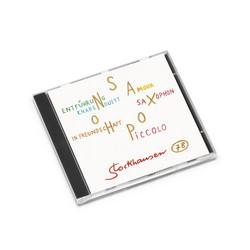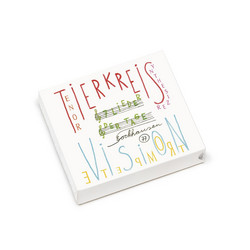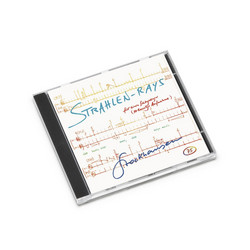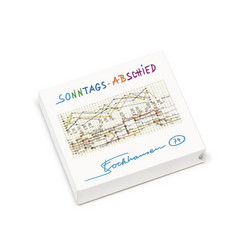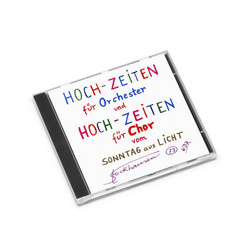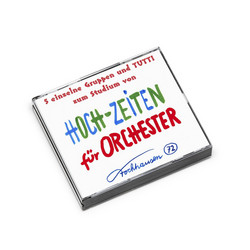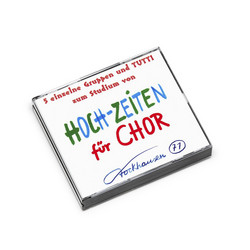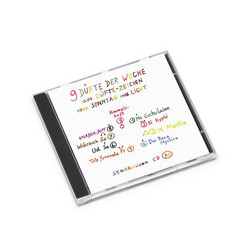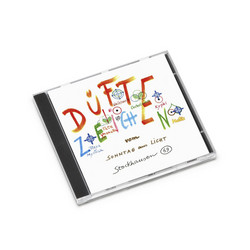Karlheinz Stockhausen
Zyklus - Refrain - Kontakte
In short, some of the most breathtaking, intrepidly advanced electronic music ever recorded. A truly precious survey of a lone, pioneering voice in electronic music. Cardboard slipcase housing a CD jewel case and a 184-page booklet in German and English. Karlheinz Stockhausen – “Zyklus” (1959) / “Refrain” (1959) / “Kontakte” (1959 – 60). "Krakabang! Prrrrrrrrrr! Plipprrring! Swooossssh! Goooong! Wuawuawuawua! You’re in the middle of it right from the start, with nowhere to hide. Maybe that’s how the player feels, completely surrounded, as he is, by his instruments, which encircle him. The feeling that you’re right in there from the start is true, too, since the piece has no beginning, no end; hence the title…
We’re listening to Karlheinz Stockhausen’s “Zyklus” (1959) for solo percussionist, here performed by Christoph Caskel in 1960. These days we’re used to percussion music. We’ve grown accustomed to lots of banging and crashing, and intricate rhythmic patterns too, sometimes within the realm of electroacoustics, sometimes in the world of purely acoustic instruments, and at times within mixed forms, and there are a few very good percussion ensembles around, like the Kroumata Ensemble and Les Percussions de Strasbourg. I doubt whether they would have emerged without the early “Zyklus” by Stockhausen.
“Zyklus” is Stockhausen’s first graphic score, and one critic said at the time that “the initial impression is that one is looking not at a score but at a drawing by Paul Klee”.
“Zyklus” is the first fully notated score for solo percussion, and it was the piece which paved the way for the world of percussion in art music, notated as well as improvised, and the fabric of sounds we hear today in contemporary orchestras would appear quite different, and certainly much poorer, hadn’t it been for Stockhausen and his well-documented ability to think outside established frameworks, musically and philosophically, arriving at astonishing conclusions and utterly unexpected solutions to problems that themselves weren’t readily apparent before Stockhausen focussed on them. A creativity like this, channeled through this rigid discipline, bears witness of a deep suffering, I’m sure, but as every real artist knows, the suffering, though hellish, is a much needed force, in the end leading to a deeper kind of joy. " (Excerpt from Ingvar Nordin / Sonoloco extensive review)
